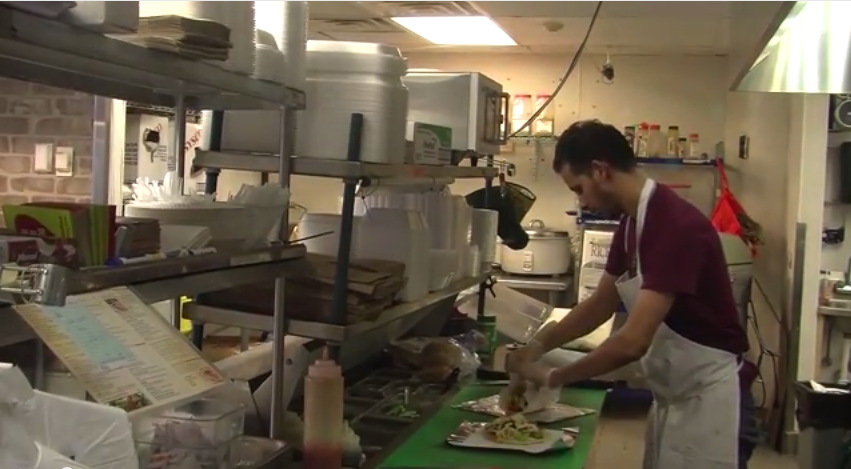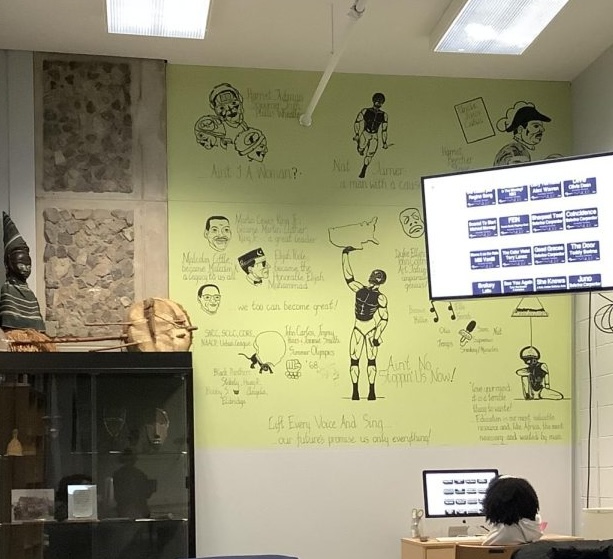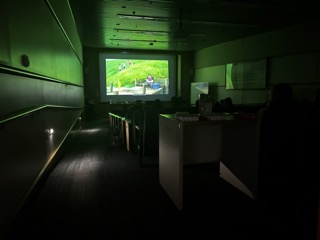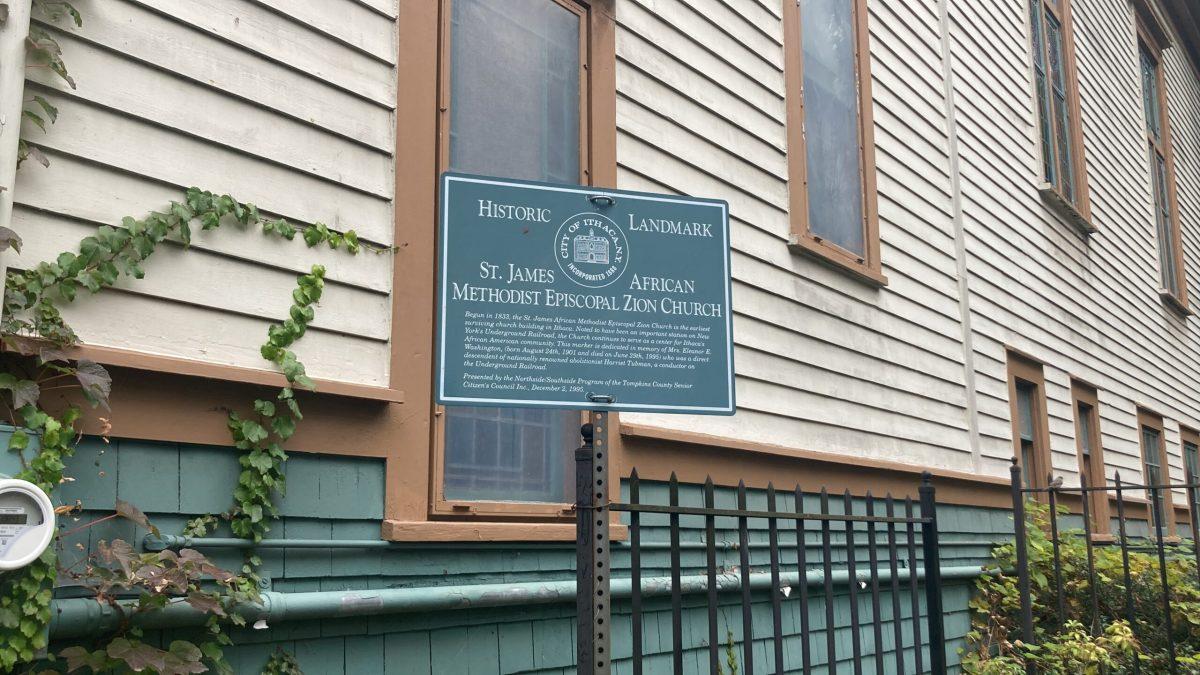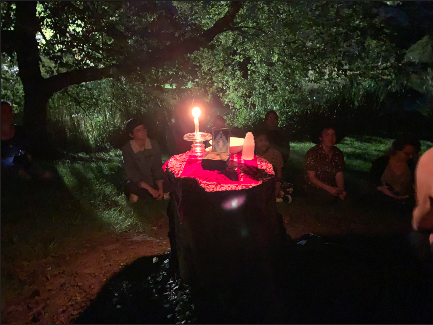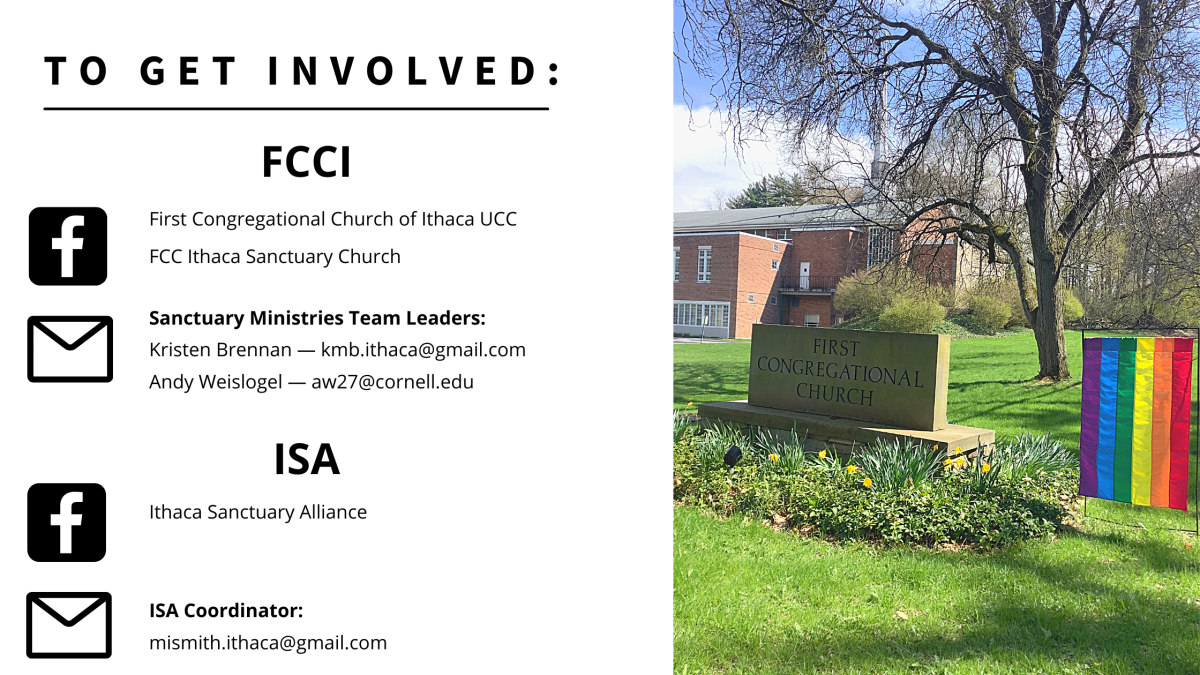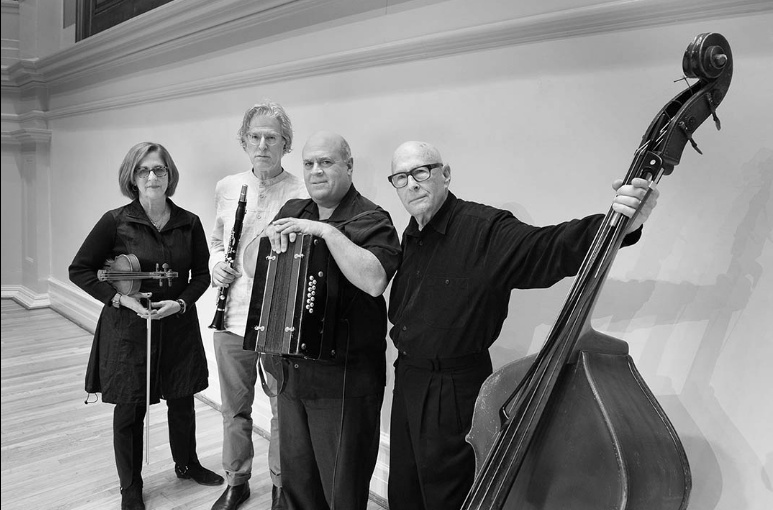“You got the Spanish rice right here… then the white rice with cilantro and lime,” Hicham Oulida says as he stirs around the container’s contents, lifting some with a spoon for all to see. He begins pointing to the pinto and black beans, located next to the rice.
“Better than Chipotle, right?” I joke.
“Um…. No,” he explains apprehensively. “Like I said, I don’t want to have a competition.” He grins. “All is good!”
[topswf swf=’https://www.ithacaweek-ic.com/wp-content/uploads/Obrien_Francis.swf’ width=’600′ height=’400′ quality=’best’ wmode=’transparent’ scale=’default’ flashvars=” allowfullscreen=’false’]
These days, all certainly is good for Hicham Oulida. After working his way up through the restaurant industry, this new Ithaca resident, who hails from Morocco, opened his own eatery, Gateway Kitchen, in May. Since the start of the academic year, and the return of Ithaca, N.Y.’s college student population, Gateway Kitchen and its eclectic menu — ranging from burgers and pasta to gyros and burritos — has seen “a lot of delivery, a lot of pick-up’s” in addition to its dining room.
“It’s a nice small city,” Oulida says of Ithaca. “[It’s a great place] to raise your kids and have a small business.”
Before he and his wife relocated to Central New York in the early 2000s, all was not good for Oulida, who lost his job as an electrician in New York City immediately after the Sept. 11 attacks—as did five of his Arab colleagues.
According to the Federal Bureau of Investigation, anti-Muslim hate crimes rose 1,600% immediately following the 9/11 Attacks.
“Certainly after September 11th there was a wave of Islamophobia,” Professor Zachary Lockman of New York University commented. “[It’s not surprising] that there are instances in many places of people losing their jobs and being harassed — there were even a couple of people killed following 9/11 that were [mistaken for Muslim but were] Sikhs.”
Yet Central New York and the Ithaca area have provided a place of peace for Oulida, his family, and the other, now 300-practicing Muslims in the area. From January to September 2013, the Ithaca Police Department had no reports of aggravated assault against people of Arab descent. There was also no reported “hate crimes” between January and September 2012.
The nationwide debate over Islamophobia, though, recently raised headlines on Ithaca’s East Hill, after a student column in the Cornell Sun on September 4, 2014 asked the question of whether not “Islamophobia” was truly racism.
“I actually believe the article was making generalizations about Muslims and Islam as a homogenous group,” said Saim Chaudhary, president of the Cornell Islamic Alliance for Justice.
Chaudhary participated in a response article on behalf of the Muslim Community, and last week helped organize Cornell University’s first panel discussion entitled “Big Brother is Watching: Surveillance of Muslim-Americans Post 9/11” on Oct. 30. The discussion raised further questions about the treatment towards Muslim-Americans at a national and even at the local level.
After living in Ithaca for close to two years, Chaudhary said he has never had a problem feeling welcomed into the Ithaca community as a Muslim. “Generally, I feel like the community overall was accepting,” he said. “No one has ever stopped me from practicing my religion.”
“There certainly has been a stepping up of surveillance and monitoring and infiltrating community groups in many places,” Lockman said. “And, of course, that makes Muslim citizens and non-citizens feel quite distressed.”
Still, Hicham Oulida feels that the Ithaca community has more than just welcomed him and his family.
“I’m very happy to be [a part of] all these restaurant owners in Ithaca. My input is in there—I feel like one of the community, one of their friends,” he said. “They advise me for many things. That’s why I don’t consider them competition.”

